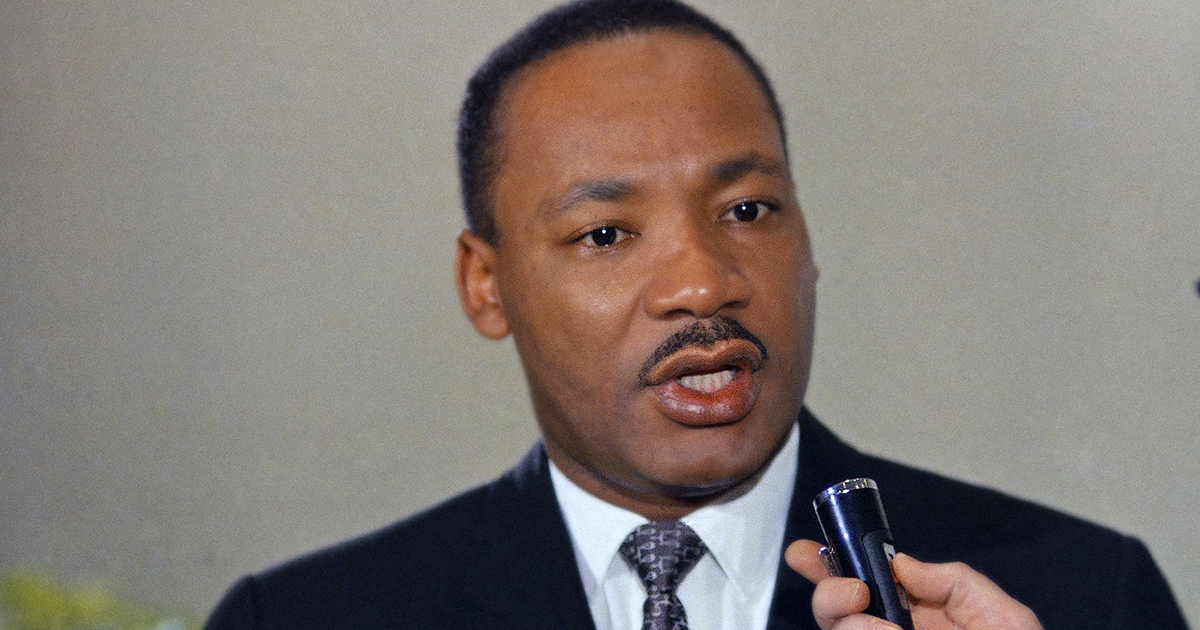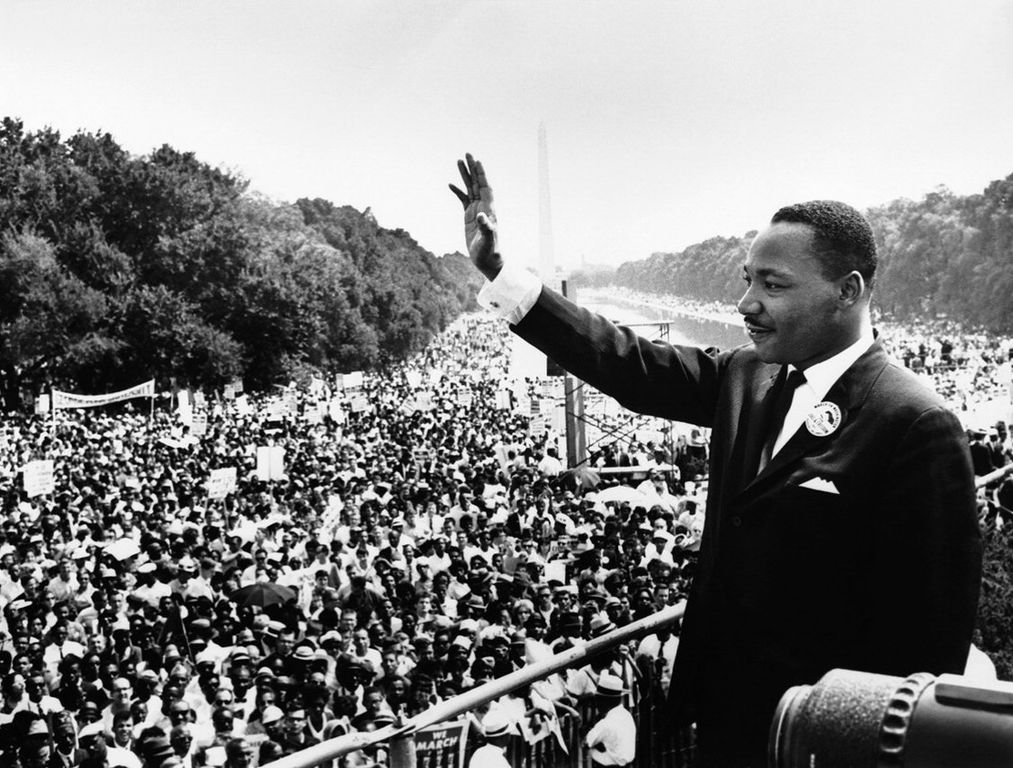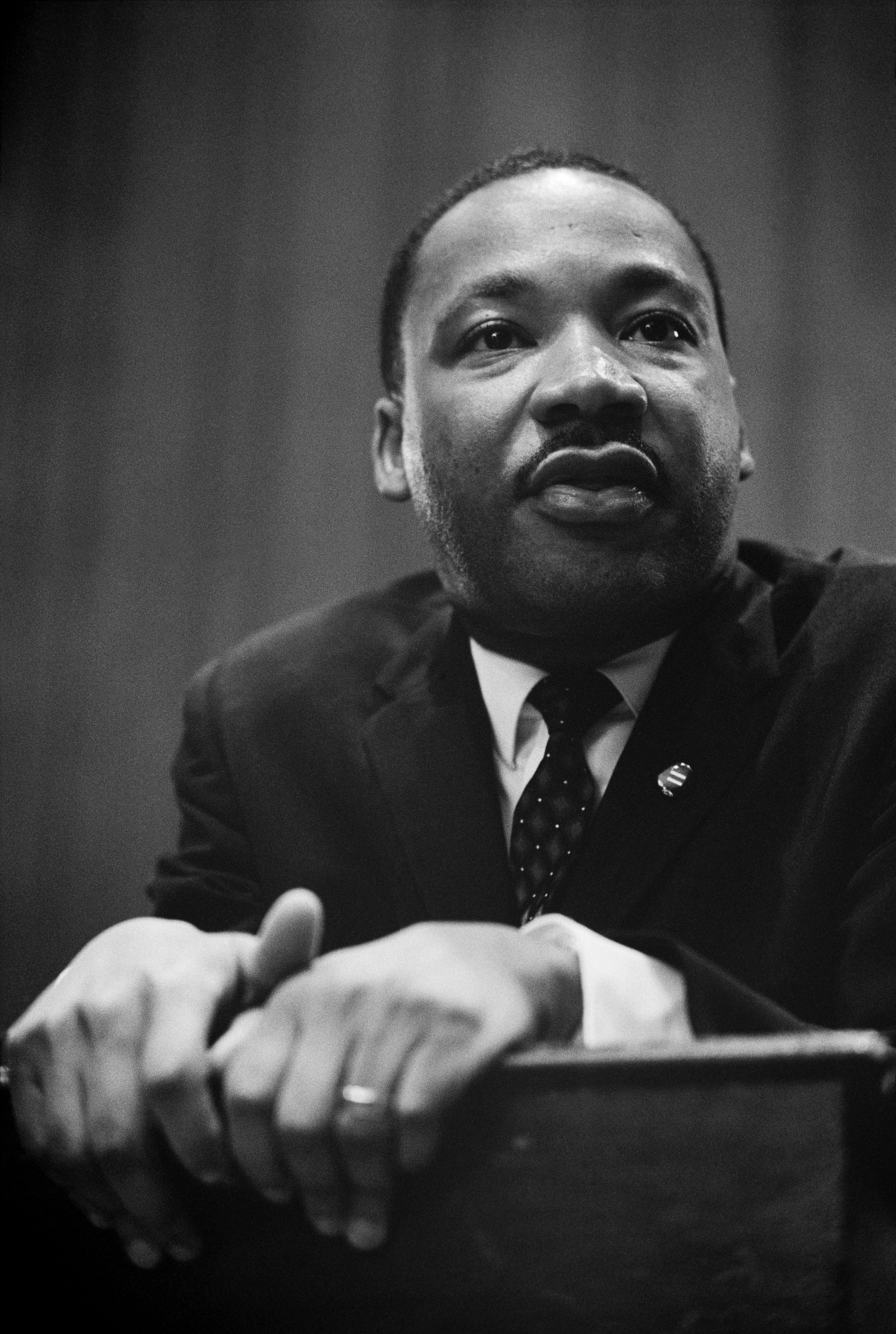Martin Luther King Jr. Was Way Ahead of the Curve on This Radical Economic Idea

By:
Dr. Martin Luther King, Jr. spent the last years of his life fighting poverty in America — stressing that racial struggles cannot be separated from economic ones. In his final book, "Where Do We Go From Here: Chaos or Community?" King put forward a radical economic argument, asserting the government should provide all Americans with guaranteed basic income.
 AP Photo - apimages.com
AP Photo - apimages.com
The idea of providing basic income to eliminate poverty spread among economists in the decades after King's death. It has been re-popularized in recent years as American workers wrestle with income inequality and the rise of technology and automation.
Characterizing political attempts to fight poverty through housing, education and other programs as "piecemeal and pygmy," King argued the best way to eradicate poverty was to grant all Americans a basic middle class income.
"At no time has a total, coordinated and fully adequate program been conceived," he wrote. "As a consequence, fragmentary and spasmodic reforms have failed to reach down to the profoundest needs of the poor. In addition to the absence of coordination and sufficiency, the programs of the past all have another common failing — they are indirect. Each seeks to solve poverty by first solving something else."
 Wikimedia - wikimedia.org
Wikimedia - wikimedia.org
"I’m now convinced that the simplest approach will prove to be the most effective — the solution to poverty is to abolish it directly by a now widely discussed measure: the guaranteed income," he asserted.
King advocated for guaranteed income in numerous 1967 speeches — an idea dating back to the 16th century, according to the Basic Income European Network (BIEN).
Providing Americans with a guaranteed annual income would address the link between involuntary unemployment and poverty, King said in the 1967 lecture "Impasse in Race Relations."
"We are demanding an emergency program to provide employment for everyone in need of a job, or if a work program is impractical, a guaranteed annual income at levels that sustain life in decent circumstances," King said. "It is now incontestable that the wealth and resources of the United States make the elimination of poverty absolutely practical.”
 Wikimedia Commons/Marion S. Trikosko - wikimedia.org
Wikimedia Commons/Marion S. Trikosko - wikimedia.org
Advocates of UBI claim it would free people to start businesses and pursue careers of their choosing, while critics argue guaranteed income would make people less motivated to seek jobs and would complicate immigration issues, the Economist magazine explained in June of 2016.
Former president Richard Nixon proposed a form of universal basic income via the Family Assistance Plan, a 1969 bill. Facing criticism from fellow-Republicans, Nixon amended the bill to require unemployed beneficiaries to register with the Department of Labor, according to Jacobin. The bill was killed twice in the Senate.
Testing out universal basic income.
The recent resurgence of interest in UBI dovetails with experiments in India, Finland, and the Netherlands.
"In the largest Indian pilot, about 6,000 men people in eight villages received a small basic income for 18 months, and their experience was compared with what happened in 12 similar villages where nobody received the basic income.
"Four positive effects were observed: First, there were benefits to welfare – improved nutrition, better health, improved schooling. Second, there were positive equity effects; the basic income helped the disabled more than others, women more than men, and scheduled caste households more than high-caste ones. Third, there were positive economic effects; having a basic income led to more work and labor, raised productivity and output, and reduced inequality. In particular, there was a growth in secondary, self- employed work."
Calls for a universal basic income have taken on new resonance today, as jobs are transformed by technology.
Tesla's Elon Musk brought added attention to the idea of implementing UBI in the U.S. in a November CNBC interview.
“I think that there’s a pretty good chance we end up with a universal basic income, or something like that, due to automation,” Musk said. “I’m not sure what else one would do.”
You can read more of King's words about basic income on Medium.
